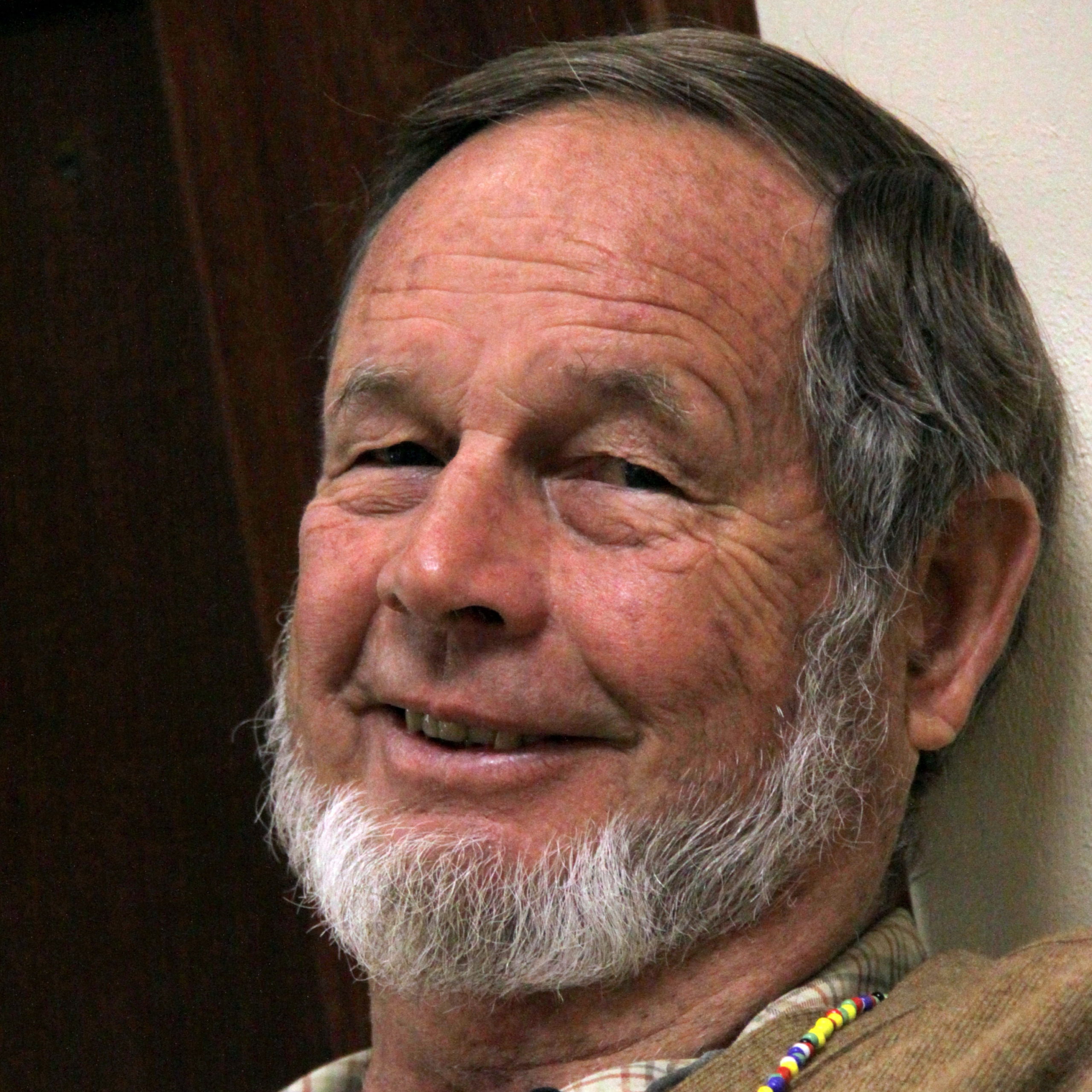
Short bio:
John W. Berry is Professor Emeritus of Psychology at Queen’s University, Canada. He graduated (BA) from Sir George Williams University in 1963, and from the University of Edinburgh (PhD, 1966). He received Honorary Doctorates from the University of Athens, and Université de Geneve (in 2001). He is a Fellow of numerous academic societies (IACCP, IAAP, IAIR, CPA) and the Royal Society of Canada. He has published over 40 books and over 300 articles and chapters in the areas of cross-cultural, intercultural, social and cognitive psychology with various colleagues.
Title:
Cross-cultural Psychology
Abstract:
Cross-cultural psychology is the comparative study of the development and display of human behaviour. It seeks to discover links between human behaviour and the ecological, cultural and intercultural experiences of individuals across many societies. The goal is to sample large variations in the expression of human behaviour in order to achieve a global psychology, one that is valid for understanding peoples in all their variety. It is rooted in two core principles: universalism and adaptation. Universalism is the notion that as members of a single species, we all share and use the same underlying psychological processes. Adaptation is the notion that individuals employ these common processes to develop and express different behaviours, which allow them to succeed in these different contexts. Universalism is evidenced by the claim that no human population has been found to lack a particular process, and none have been found to have unique psychological processes. Adaptation is evidenced by the finding that most populations achieve some way of coping with the challenges they experience (positive adaptation) or do not (negative adaptation). I believe that the creation and application of these findings and principles over the past decades has led to a large body of useful information and practices that have improved the lives of individuals and societies around the world.
